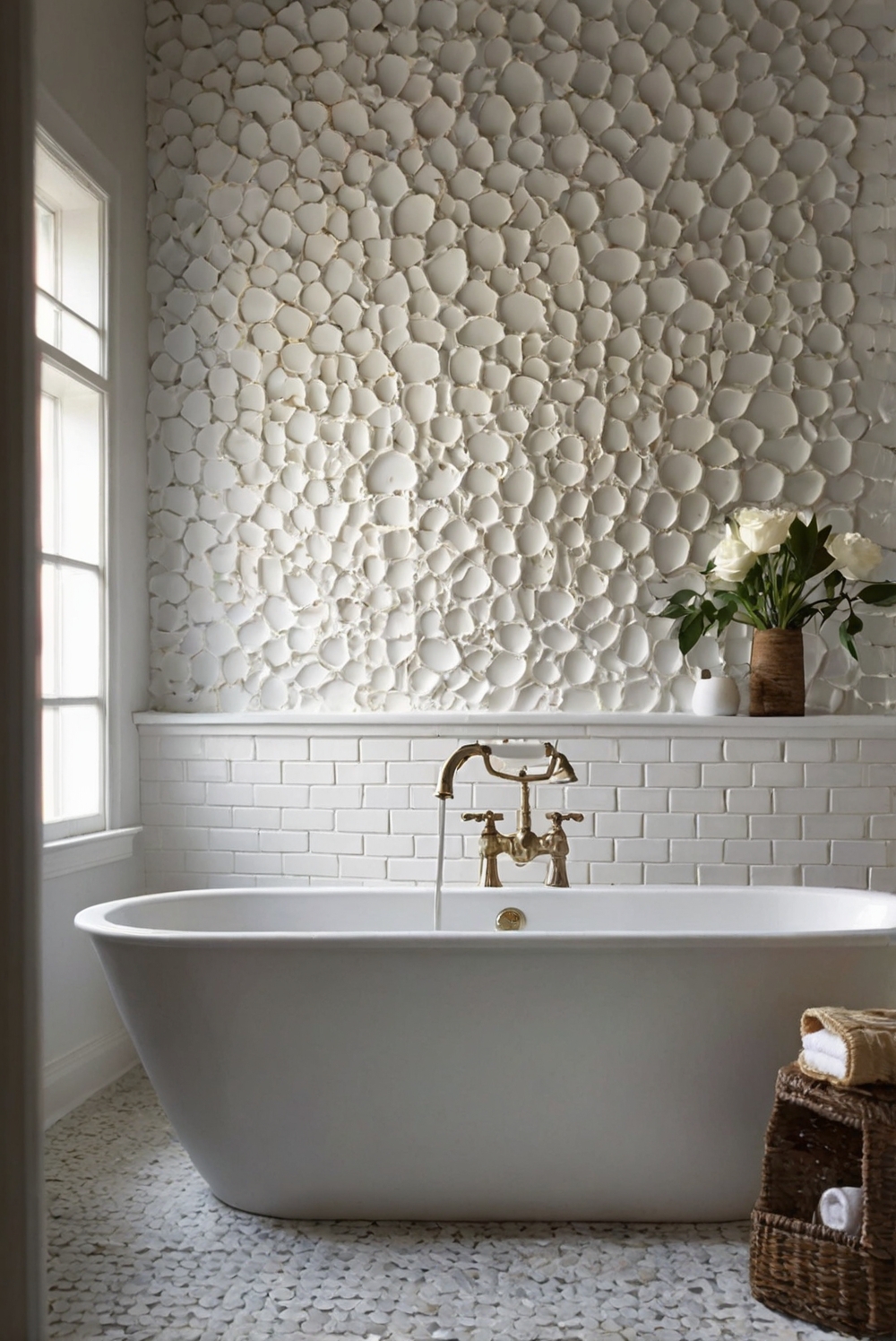Explore the science behind quartz’s non-porous and durable qualities in bathroom countertops. Learn how its unique composition enhances your daily interior designer routine.
Quartz is non-porous and durable for bathroom countertops due to its composition of 90-95% natural quartz crystals combined with resin binders. This combination creates a strong, hard surface that is resistant to stains, scratches, and bacteria growth. The non-porous nature of quartz prevents liquids and bacteria from seeping into the surface, making it easy to clean and maintain. Additionally, quartz countertops are heat-resistant, making them suitable for use in bathrooms with hot styling tools. When choosing quartz for your bathroom countertops, consider the color and pattern options to complement your overall home decor interior design.
To ensure the longevity of quartz countertops, avoid exposing them to harsh chemicals or abrasive cleaners that can damage the surface. Regular cleaning with a mild soap and water solution is usually sufficient. Proper care and maintenance will help preserve the beauty and functionality of your bathroom countertops for years to come.
What makes quartz non-porous and durable for bathroom countertops?
Quartz is a popular choice for bathroom countertops due to its unique properties that make it non-porous and highly durable. The key factors that contribute to these qualities include:
Non-Porous Nature:
Quartz countertops are engineered using a mix of natural quartz stone and resin binders. The resin acts as a sealant, making the surface non-porous and resistant to water, stains, and bacteria. This feature is crucial in a bathroom setting where countertops are exposed to moisture, makeup spills, and other liquids.
Durability:
Quartz is one of the hardest minerals on Earth, ranking 7 on the Mohs scale of hardness. This makes quartz countertops extremely durable and resistant to scratches, chips, and cracks. In a high-traffic area like a bathroom, where countertops are subject to daily use and potential impact from various objects, durability is a key consideration.
Heat Resistance:
Quartz countertops have high heat resistance, making them suitable for bathroom settings where hot styling tools may come in contact with the surface. Unlike natural stones like marble or granite that can be damaged by heat, quartz can withstand high temperatures without warping or discoloration.
Maintenance:
In terms of maintenance, quartz countertops are relatively low-maintenance compared to natural stones. They require regular cleaning with mild soap and water to keep them looking their best. Avoid harsh chemicals and abrasive cleaners that can damage the surface. Additionally, quartz countertops do not need to be sealed like granite or marble, making them a convenient choice for busy bathrooms.
Longevity:
Thanks to their non-porous nature and durability, quartz countertops have a long lifespan when properly cared for. They can withstand the daily wear and tear of a bathroom environment and maintain their appearance for years to come. Investing in quartz countertops for your bathroom can be a cost-effective choice in the long run due to their longevity.
In conclusion, quartz stands out as an ideal material for bathroom countertops due to its non-porous nature, durability, heat resistance, low maintenance requirements, and longevity. These qualities make quartz a practical and stylish choice for any bathroom design, providing a reliable and attractive surface that can withstand the demands of daily use. When considering bathroom countertop options, quartz emerges as a top contender for those looking for a blend of functionality and aesthetic appeal.

